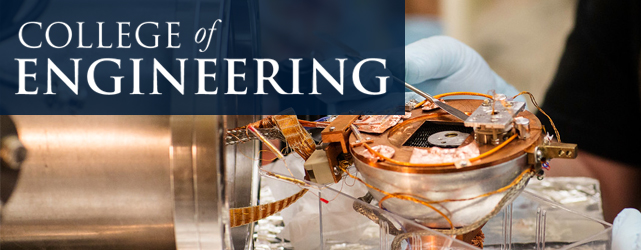Experimental Studies of the Pressure Generated by a Liquid Oxygen Slug in a Magnetic Field
Document Type
Article
Journal/Book Title/Conference
Journal of Magnetism and Magnetic Materials
Volume
322
Publication Date
1-1-2009
First Page
1752
Last Page
1757
Abstract
The strong paramagnetic susceptibility of liquid oxygen (LOX) has established it as a good candidate for a cryogenic magnetic fluid system. While its properties have been known for several decades, a fundamental understanding of the behavior of LOX in a magnetically controlled fluid system is needed for the development of a suitable space application that can operate reliably and efficiently. This study conducted quantitative experiments on the dynamics of a LOX slug in a tube when subjected to electrically-induced magnetic fields within a solenoid. The experiments used a quartz tube with an inner diameter of 1.9 mm and LOX slugs of 0.6, 1.3, 1.9, 2.5, and 3.2 mm length at various initial positions relative to the solenoid. The pressures generated by the motion of the LOX slug under the magnetic force were recorded to characterize the pressure differential generated and the breakdown of the slug. The highest attainable pressure differential was found to be 1.45 kPa, which correlated well to theoretical predictions once the analysis accounted for the resistance heating of the solenoid. The noted differences between experimental results and theory could also be attributed to impeded slug motion from shear and mass forces. Within the workable pressure range, however, an optimal slug length was found which appropriately balances the pressure, shear, and magnetic forces in the system. This paper presents the experimental data on the dynamics and the maximum pressure differential generated by a LOX slug in a magnetic field and discusses the viability of LOX in a magnetic fluid management system intended for space applications.
Recommended Citation
Boulware, J. C.; Ban, Heng; Jensen, S.; and Wassom, S., "Experimental Studies of the Pressure Generated by a Liquid Oxygen Slug in a Magnetic Field" (2009). Mechanical and Aerospace Engineering Faculty Publications. Paper 156.
https://digitalcommons.usu.edu/mae_facpub/156


